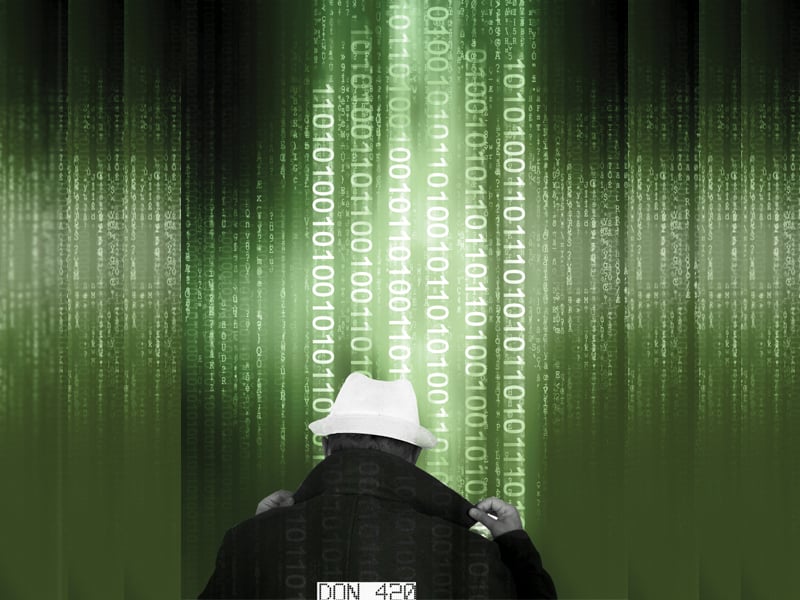In just about every SecurityWatch newsletter, I manage to shoehorn in encouragement for readers to use a password manager. I mean, why not? There are free password managers, and many of the paid versions are inexpensive. Adding an extra step to your online routine can be a pain, but the benefits of keeping complex and unique passwords in an encrypted vault rather than using the same password for multiple logins around the web are worth the hassle. Since World Password Day is May 5 this year, now is a good time to talk about password management best practices again.Password Management StatisticsBitwarden, one of PCMag's Editors' Choice award-winning password managers, recently conducted a global password management survey and the results are pretty grim. In the US, 31% of respondents experienced a data breach in the last 18 months, as compared to about 1 in 4 globally. More than 8 in 10 (85%) Americans reuse passwords across multiple sites, and almost half of US respondents (49%) rely on their memory alone to manage passwords. That said, Americans are still more likely (44%) to use a password manager than the rest of the globe (34%). There were some bright spots in the report. Multi-factor authentication is mainstream these days, with 79% of US respondents saying they use MFA for workplace accounts and 77% for personal accounts. Globally, that number sits at 73% (work) and 78% (personal). What You Need From a Password ManagerA password manager can make life online a lot easier. The best password managers not only store credentials for websites and apps, but many also help you identify and replace weak and duplicated passwords. Most password managers autofill your stored credentials for web forms, which can save you time when you're checking out on shopping sites. Many password managers also include built-in mechanisms for securely sharing passwords with other users, which is useful for families sharing one streaming login or coworkers who all need to access one online account. World Password Day at PCMagMy colleagues are working hard to keep all of our password management articles up to date and address reader concerns regarding the topic. Here's a list of our top password-related articles. Best Password Managers. PCMag puts a litany of premium password managers to the test and determines which ones are the best value for your money. Best Free Password Managers. We test the free versions of popular password managers. Simple Tricks to Remember Seriously Secure Passwords. You need to lock your password manager with one strong master password, and you must remember it yourself. Here's how to do it. How to Switch to a New Password Manager. Modern password managers make it very easy to switch between services. Just follow these simple steps. How to Share Passwords Safely. It's perfectly safe and easy to share your passwords, as long as you use the right tools for the job. Got a Password Manager? Good, But You’re Using It Wrong. Studies show that you probably aren’t using your password manager correctly. Here’s how to fix all your password problems. How to Use a Random Password Generator. Most password managers include tools for generating random, strong passwords, but not all are created equal. Understanding the differences can help you make an informed choice. How to Create a Random Password Generator. Do you trust the passwords created by third-party software to be truly random and safe? No? Here's how to build your own random generator for uncrackable passwords. Get this from a friend? Get it delivered to your inbox weekly. Sign up for the SecurityWatch newsletter.
What Else Is Happening in the Security World This Week?US Gets 60 Countries to Sign 'Declaration for the Future of the Internet.' The most obvious name absent from the declaration is India, which also happens to be the world’s leading internet-shutdown offender. Microsoft: Nearly 40 'Destructive' Malware Attacks Have Hit Ukraine. Most of the attacks have been on government organizations or critical infrastructure providers in the country, according to a Microsoft investigation. US Offers $10 Million for Information on 6 Russian Military Hackers. They carried out cyber attacks on US infrastructure using the NotPetya ransomware. Hackers Reportedly Target Wind-Energy Companies. Nordex SE and Deutsche Windtechnik AG were both hacked over the past few months, while Enercon GmbH reportedly experienced collateral damage from the Viasat hack. PCMag Tests the Best Ad Blockers. There are big differences among popular ad blockers. We put them to the test to see which one is best for cleaning up your browsing experience. | 

No comments:
Post a Comment
Please leave a comment about our recent post.